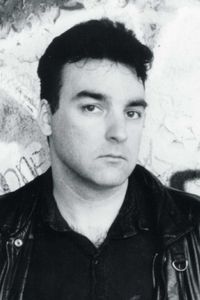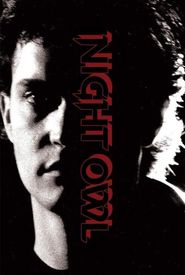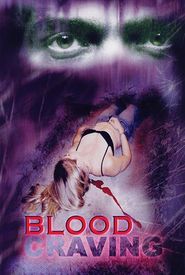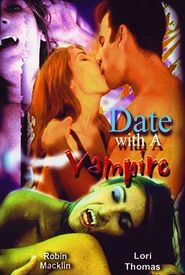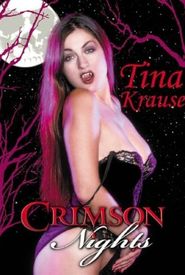Jeffrey Arsenault's filmmaking journey began in the vibrant cultural hub of New York's Lower East Side during the 1980s. His early short films, including the striking "Tompkins Square Park Of Death", gained recognition by screening at iconic bars, cafes, clubs, galleries, and underground screening rooms. This initial success led to a showcase at the prestigious New York Film Festival Downtown, followed by a European tour.
As his career progressed, Arsenault's first feature film, Night Owl (1993),premiered at the Laemmle Sunset 5 Cinema in Los Angeles, as part of the American Film Institute's Los Angeles International Film Festival. The black-and-white vampire movie, set in the East Village, predates Nadja (1995) and The Addiction (1995) by two years, showcasing Arsenault's unique style and vision.
In the late 1990s, Arsenault relocated to London to edit the feature film Heaven's A Drag (1996),directed by Peter Mackenzie Litten, which was released by First Run Features. Upon his return to New York, he directed his second feature, Domestic Strangers (1996),but was frustrated by the numerous delays encountered during production. Undeterred, he moved forward with his third feature, Rome '98 (1998),which was inspired by the East Village "no wave" film movement of the late 1970s.
Rome '98 uses the same basic tools as available 20 years prior (Super 8 sound film) but is shot with a distinct aesthetic. Arsenault also collaborated with John Leguizamo, directing the original workshop production of his one-man show Mambo Mouth and coaching him on his second one-man show, John Leguizamo: Spic-O-Rama (1993).
In the early 2000s, Arsenault finally adopted digital video (DV) and produced two features, Crimson Nights (2000) and Date with a Vampire (2000). He fully embraced the medium, directing Passing Time (2006) in the DV format, marking a new chapter in his filmmaking journey.
